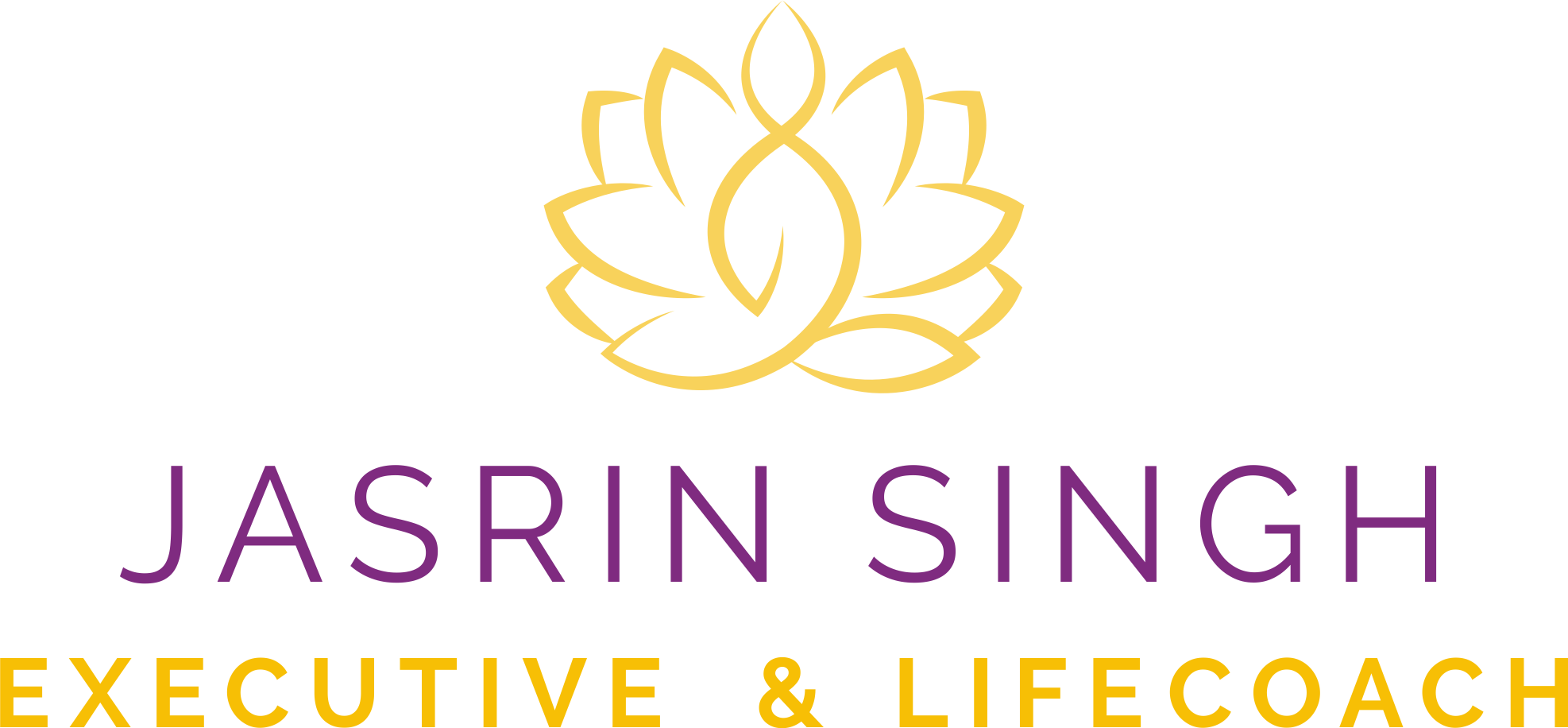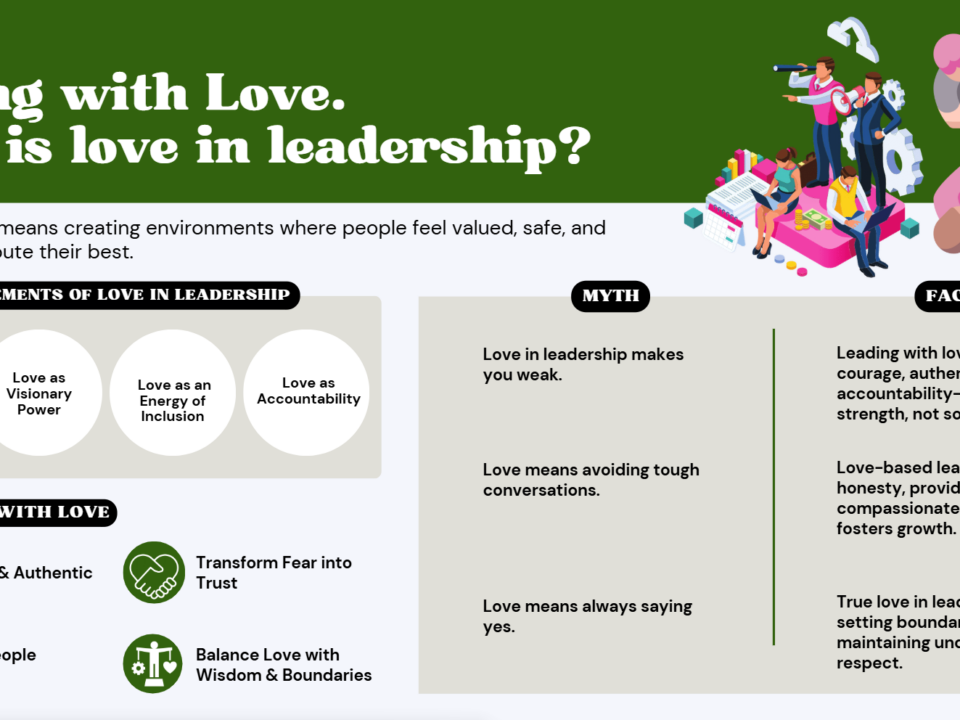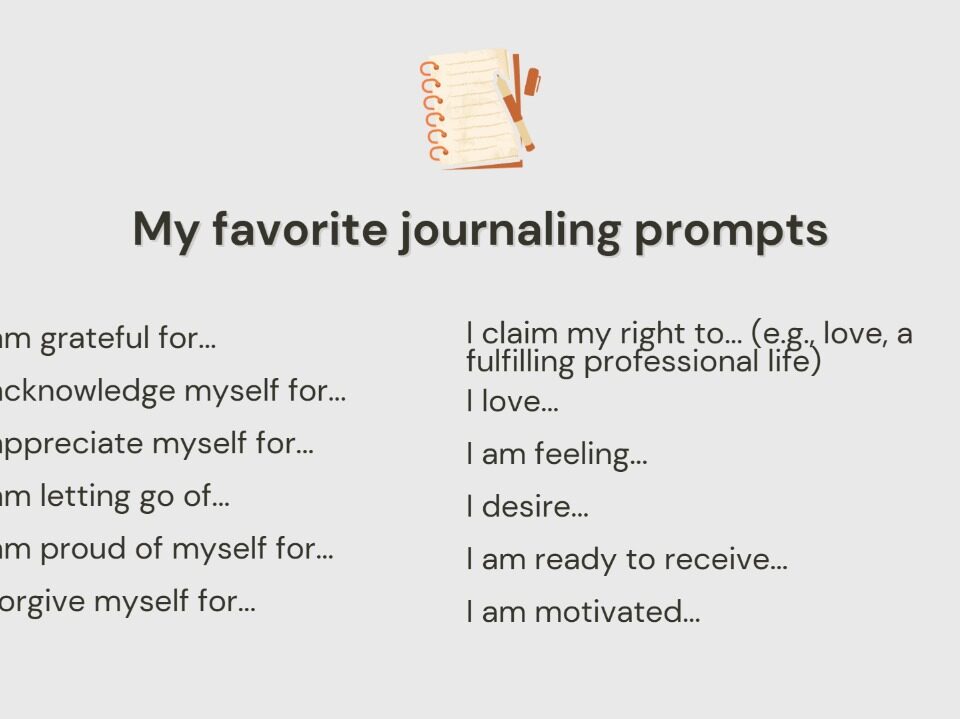
Accepting Vulnerability – Knowing when to ask for help
September 14, 2020
5 Benefits of Life Coaching You Should Know
March 5, 2021Photo Credit – Photo by Ian Schneider on Unsplash
Things you need to know about a life coach
Raise your hand if you have trouble asking for help. One of the biggest hurdles to living a fulfilling life is acknowledging that you need help. Asking for help is often seen as a sign of weakness but there’s little truth in this concept. In fact, acknowledging the need for a life coach is a sign of strength, and means you have the courage to admit that you are struggling in some areas and could do with some support.
Who is a life coach?
What is life coaching and who is a life coach? A life coach is a wellness professional who helps people improve their lives. Does that mean that all people who hire coaches are not living a good life? Not necessarily. Everyone is wired differently. Some people naturally excel at certain jobs, others don’t. There are some who perfectly balance their professional and personal life yet may not be so self-aware. There are others who have faced an unprecedented situation that they are not equipped to handle, still others are simply seeking a deeper purpose, a deeper meaning to their life.
Here’s something interesting, however. The solutions and answers to all the above challenges or situations lie within you. All you need is someone to unlock those answers or solutions for you. A life coach helps you become more aware of your emotional triggers, strengths, weaknesses, mental blocks or anything that may hinder your deeper personal growth.
How do you know if you need a life coach?
People turn to life coaches when they make a conscious shift to living a more aware and meaningful life, one that engenders growth in all areas of life. Or they may need a guide to help them navigate through rough waters.
Consider the following signs in your life to identify whether life coaching is for you:
- Deep desire to grow, and be, do and have something more
- Inability to break unproductive habits
- A general feeling of discontent with work or life
- Lack of motivation to get through things you have done for several years
- Lack of fulfilment in career or social life
- High levels of stress or anxiety
- Inability to manage your emotions
- Feeling of mental blocks in terms of creativity or productivity
- Wanting to improve your relationships
Taking the help of a life coach today is more common than it was a few decades ago. The most successful entrepreneurs, sportsmen, movie or TV stars seek life coaches unapologetically. The quest is often not more success but deeper fulfilment, deeper self-awareness or meaning in life.
Are there different types of life coaches?
Yes, some coaches, like myself have an all-encompassing approach to coaching but there are different niches of coaching, most of which is included in some measure in a holistic life coaching engagement.
- Business, executive, and leadership coaching
- Addiction and sobriety coaching
- Career coaching
- Financial coaching
- Health and wellness coaching
- Life skills coaching
- Divorce coaching
- Family life coaching
- Diet and fitness coaching
- Mental health coaching
- Spirituality coaching
- Sports coaching
A life coach is not a therapist
The scope of a life coach is broader than a therapist. People seek therapists to help them come out of a trauma or issues from the past or for healing and treating mental health conditions. However, a life coach may also help deal with the deeper and more permanent nature of someone’s personality such as unresolved issues from childhood, and help create a life based on a strong foundation of self-awareness and knowledge.
Research shows coaching positively impacts lives
- A 2020 study published in Frontiers in Psychology found that interventions in leadership based on coaching could enhance well-being and improve functioning within organizations.
- Another study suggested that life coaching can have a range of positive effects, including improvements in personal insight and improve self-reflection. It may also help improve overall mental health and quality of life.
How does a life coach help?
Life coaches are usually experienced individuals who have faced and dealt with a variety of situations and challenges, in their own life, and have been through significant personal transformation themselves. They use their strengths of empathy and intuition, along with a variety of tools, to unlock your potential. They have a wider perspective of looking at situations and insights that are gained from first-hand life experiences. As a result, they can give you a fresh perspective about your circumstances while identifying any negative patterns that may be hindering your overall growth.
In short, a life coach helps you to bridge the gap between the life you are living and the life you want to live.
Some of the most visible advantages of working with a life coach are:
- Enhanced productivity
- Better cognitive ability
- Improved communication ability and relationship
- Identification and resolving long-term fears/anxiety or issues
- Deeper satisfaction and growth in work life
- Better work-life balance
- Feeling more connected to life and greater fulfilment
- Navigating complex decisions with greater ease
- Emotional management
- Understanding of self, values, strengths and weaknesses leading to better ability to manage life
- Serves as an accountability partner and support system
Life coach acts like an unbiased guide in your life helping you navigate through areas that are either not addressed earlier or have become barriers in living a more meaningful life. The coach takes an individual and personalized approach to help you look at your life from various perspectives and helps you identify your deeper triggers and blocks.
Working with a life coach leads to greater self-awareness and deeper sensitivity towards your own needs, and those of people around you.
One of the best gifts and greatest investments you can make in yourself is to work with a life coach that feels right for you!




